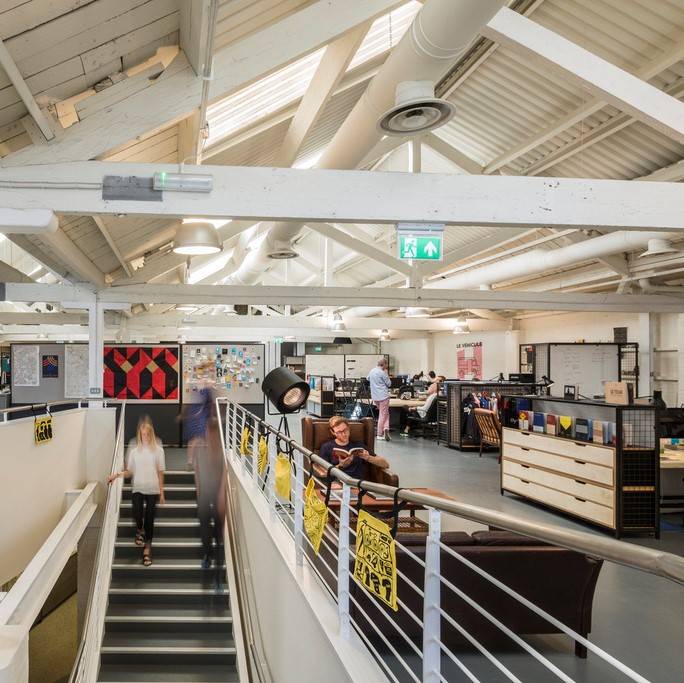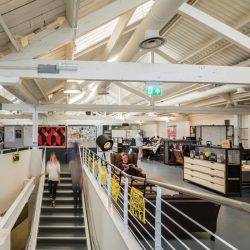November 2, 2018
Skills and new businesses drive decade of recovery for UK cities
 Improving skills levels and new business formation have been the key long-term drivers of growth for UK cities since the financial crisis, according to the latest Demos-PwC Good Growth for Cities 2018 index that ranks cities on a combination of economic performance and quality of life. The latest Index analyses a decade of economic and social data to determine what long-term factors drive Good Growth. PwC analysis shows that the average city in our index has improved its good growth score significantly over 10 years from 2005-7 to 2015-17, and has now more than recovered from the recession and downturn triggered by the global financial crisis.
Improving skills levels and new business formation have been the key long-term drivers of growth for UK cities since the financial crisis, according to the latest Demos-PwC Good Growth for Cities 2018 index that ranks cities on a combination of economic performance and quality of life. The latest Index analyses a decade of economic and social data to determine what long-term factors drive Good Growth. PwC analysis shows that the average city in our index has improved its good growth score significantly over 10 years from 2005-7 to 2015-17, and has now more than recovered from the recession and downturn triggered by the global financial crisis.

























 More than half of CEOs (53 percent) admit they can’t find candidates with the necessary skills to help them navigate an increasingly digitalised business landscape a new survey from Robert Half has claimed. These include data analysis and digital skills, as well as softer skills such as resilience, adaptability to change and critical thinking. This means that nearly five million UK SMEs, the equivalent to four out of every five (82 percent) small and medium-sized companies, are struggling to attract the skills they need. As a result, many are being forced to offer salary packages higher than originally expected to recruit the right talent.
More than half of CEOs (53 percent) admit they can’t find candidates with the necessary skills to help them navigate an increasingly digitalised business landscape a new survey from Robert Half has claimed. These include data analysis and digital skills, as well as softer skills such as resilience, adaptability to change and critical thinking. This means that nearly five million UK SMEs, the equivalent to four out of every five (82 percent) small and medium-sized companies, are struggling to attract the skills they need. As a result, many are being forced to offer salary packages higher than originally expected to recruit the right talent. 






